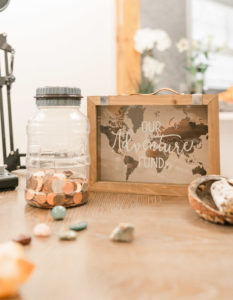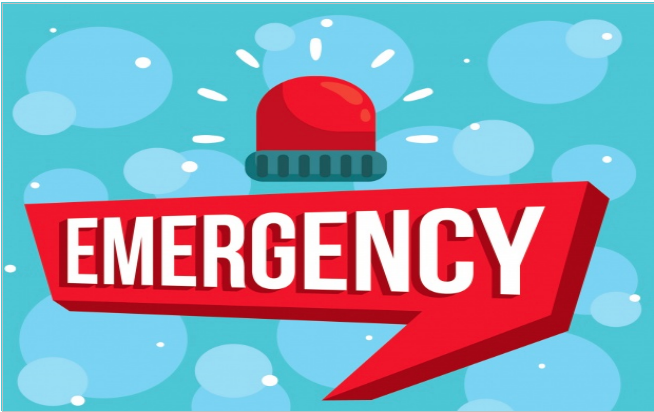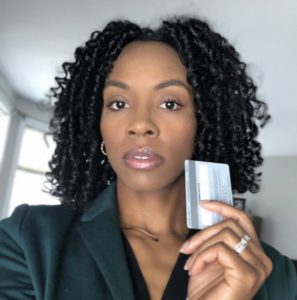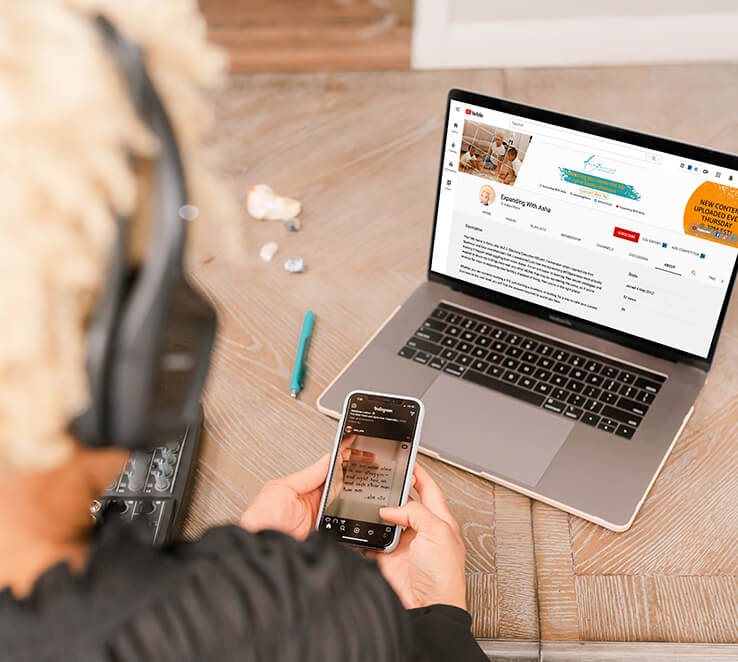MOMMY TALKS PODCAST Episode 6
- MOMMY TALKS PODCAST
The Covid-19 pandemic took people by surprise in 2020. The world and everyone in it went into complete lockdown and isolation in an attempt to flatten the curve of infection. Many industries were crippled due to halted operations and began to massively lay off their workers. Travel and tourism were among the most hard-hit sectors.
By April 2020, unemployment levels in the United States shot up to 14.7 percent, an increase of almost 230 percent from March 2020, when the unemployment levels were only 4.4 percent. A major regret for many Americans in the current pandemic situation has been not having an emergency fund. A Federal Reserve survey of household finances indicates that over 40 percent of Americans could not cover an unexpected expense of $400 in case of an emergency.

Lack of Emergency Funds Aggravated the Effects of Lockdown

The financial crisis brought about by the Coronavirus is unlike any of the previous economic recessions that the country has faced throughout its history. Usually, when a financial collapse happens, the economy is quickly put on the path of recovery through government intervention with some fiscal and monetary stimulus.
However, the financial slowdown that we are currently facing will be a prolonged one. It could last for a year, two years, maybe more. This all depends on when the vaccine for the virus is developed and made readily available. Only then, will the world open up again—completely—and economic activity can resume.
In the meantime, millions of restaurant, hotel, airline, and retail workers who were laid off due to the lockdown are expected to fall behind on their rent or mortgage payments. Not to mention other bills. Foreclosures are expected to increase within the next few months. This will cause damage to credit rating scores, which ultimately will change their family’s standard of living.
Due to the lack of an emergency fund they will eventually start racking up debt, which they may not be able to pay off later. Many people will also start to experience signs and symptoms of depression due to the financial and emotional stress from this situation. This has only made the importance of establishing an emergency fund to cover such unexpected events more apparent.

Feeding Your Emergency Fund

Many of you may have tried to save for an emergency fund but find it too difficult to be consistent, especially during the constant shifts and unknowns of our current economy. I have highlighted some tips that will help you become more consistent in your savings:
Tip #1. Automate your savings. In his Rich Dad, Poor Dad series, Robert Kiyosaki recommends that you should pay yourself first. It’s suggested that you save at least ten percent of your pay check while the remaining amount can be used to pay for taxes, bills, and living expenses. One way to automate your savings is to set up your bank account in such a way that each time you deposit your pay check, ten percent of it is automatically transferred to another savings account.
Tip #2. Increase your savings incrementally. It’s suggested that you aim to increase your savings by one percent each year. For instance, if in year one, you save ten percent of your income, the following year you aim to save 11 percent and so on.
Tip #3. Use the Stash app to invest small amounts. Traditionally with brokerage accounts, investors were required to have minimum balances. This used to be a deterrent for a small-time investor who had only $50 or $100 to invest. The Stash investment app solves this problem as it allows its users to buy fractional shares of a stock. The fee for the app is also affordable, as it currently stands at only one dollar per month.
Tip #4. Make access to funds difficult. Due to digitalization and enhancement in technology, you can now access your funds at any time, from anywhere in the word with just the click of a button. This is particularly problematic for those people who have bad spending habits and cannot control their impulse purchases. You can limit this 24/7 access to your funds by taking measures such as deleting the smartphone app or website on your phone that grants you instant access.
Tip #5. Goal-based savings. It’s suggested that you break your bigger goals into smaller, more achievable targets. For instance, you can start off planning to have an emergency fund of at least $2,000 and then increase that over time to whatever your desired amount would be.
Tip #6. Name your savings account. Studies done in behavioral finance have suggested that if you give your savings account nicknames, such as “emergency fund”, “kids’ college fund” or even “my splendid retirement fund”, chances are that you become more serious about your savings.

Five Financial Mistakes to Avoid

These are the five most common financial mistakes that people make which result in never setting up an emergency fund:
- Buying an expensive car
- Spending too much while going out
- Buying an overvalued and expensive property with high mortgage payments
- Having a spouse whose lifestyle is too expensive for you to maintain
- Paying too much in interest payments on your credit card debt
Conclusion
Some people have the bad habit of tapping into their emergency funds for their daily expenses. It is important here to create strict rules and guidelines for yourself as to when emergency funds can and should be accessed.
You only want to use these funds to meet the basic living expenses of yourself and your family in the case of a financial crisis. Remember, these funds are not meant to pay the cost of your new phone or laptop you just bought. If you do not have an additional budget to buy these luxury items, it is better not to buy them at all.











